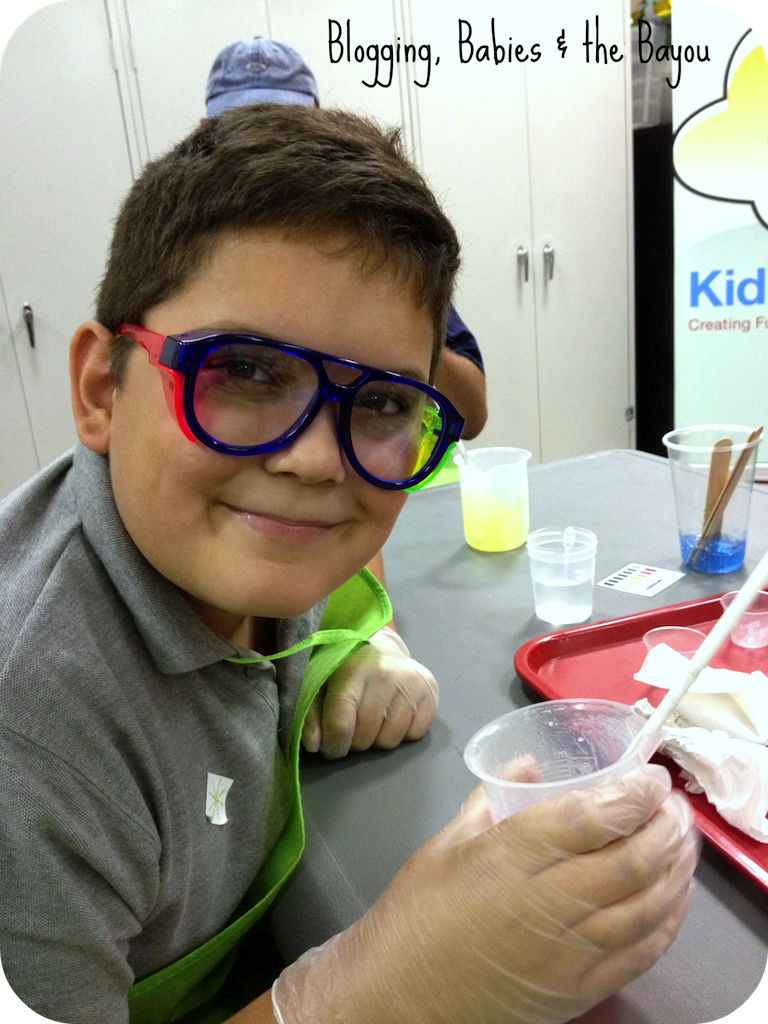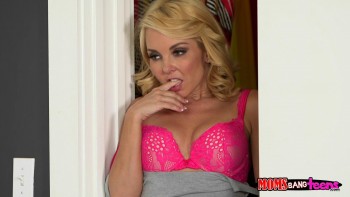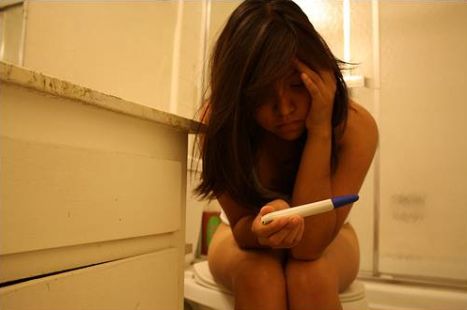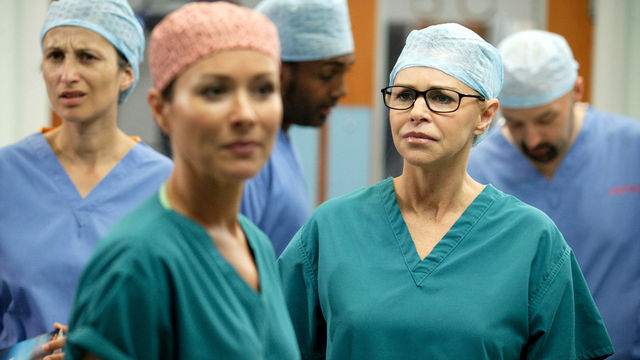

Mature definition, complete in natural growth or development, as plant and forms: a mature rose bush. See more.


Why “Just Say No” Doesn’t Work. A popular program for preventing teen drug use does not help. Here’s what does
cence (from Latin cere, meaning ‘to grow up’) is a transitional stage of physical and psychological development that generally occurs during the period from to legal adulthood (age of majority).
Over the past 25 years, neuroscientists have discovered a great deal about the architecture and function of the brain. Their discoveries have led to huge strides in medicine, from pinpointing the timing at which ren should be operated on for vision problems to shedding light on the mechanisms that cause such diseases as …
Aug 15, 2010 · Nurture Your ren Well. Nurturing ren in early life has a direct impact on their social behaviors later in life, according to a study published in the online journal Frontiers in Behavioral Neuroscience.
Orgasm movies showing teens really cumming. Tour. Real orgasms vibrator and dildo play plus our sex-machine.

Sep 30, 2009 · What is the Age of Responsibility? Justin McNaull grew up in a hurry. By the time he was 23, McNaull had graduated from college, married and gone to …



Provides small achievable steps to help teenagers get healthier by explaining how the body works and how to make better food choices and become more active.

ren’s magazines are a wonderful supplement to classroom instruction. Students are exposed to a wide variety of texts and lots of interactive content.

Television Versus Reading : TELEVISION VERSUS READING. Television fails most of the time as a positive educator because of the following: 1. Television is the direct opposite of reading.
